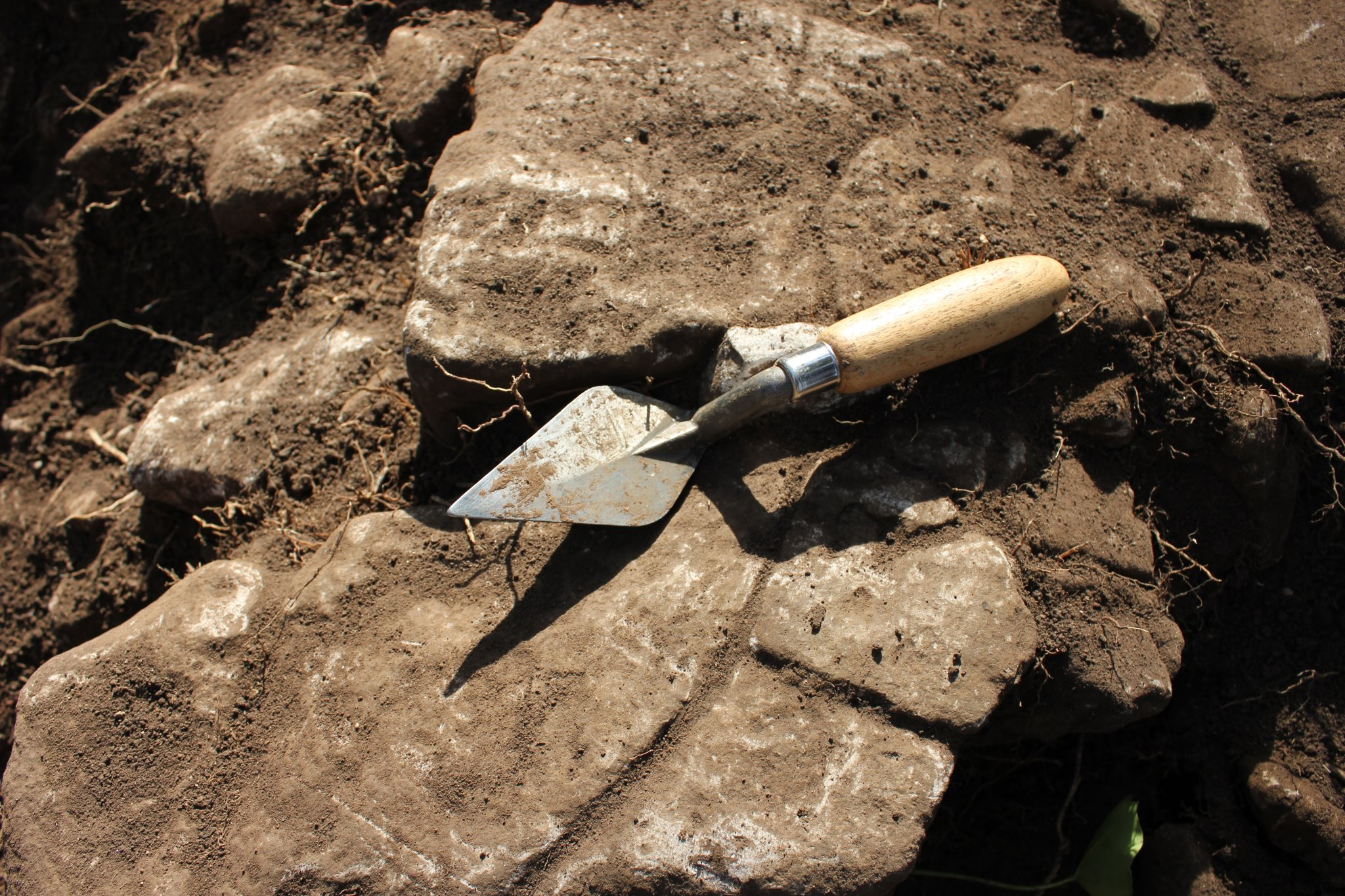
What is it?
Archaeology is a way of studying human activity in the past, mainly through analysing discovered materials and objects. It's a very broad subject that uses subjects such as the sciences, history, geography and linguistics to name a few!
What does it involve?
Practicing archaeology can come in many forms so can involve many things, but essentially the activity will include the examination and discussion of objects and materials.
Why do it and what are the benefits?
Archaeology is a great way of getting in touch with history - to examine actual artefacts from past times and understand their origins is a fantastic way of engaging students in historical studies.
What equipment do we need?
As each different archaeological activity will differ, the equipment will change with it. The provider should supply any apparatus needed, but make sure to check beforehand if you are unsure.
Who is it suitable for?
Archaeology can be adjusted to suit all ages!
Costs?
This will depend on the nature of the archaeological activity - some things can be done for free, but some pursuits will require an expert/access to private grounds etc, and will therefore probably have costs to them.
Issues/Things to think about? (unsuitable for age groups, medical conditions etc)
Some archaeological activities can involve sensitive/fragile materials, so it's important that the students involved respect instructions.
How do we include?
Archaeology should be an activity all students can get involved with regardless of ability, but if you have concerns make sure to contact the venue directly.
Doing it abroad?
Archaeology can be practiced all over the world, but you may need to look closely to find a venue that can cater for your group in foreign countries.
Main website:
Visit http://new.archaeologyuk.org (link is external) for the Council of British Archaeology, and check out individual venue websites for more specific information.




